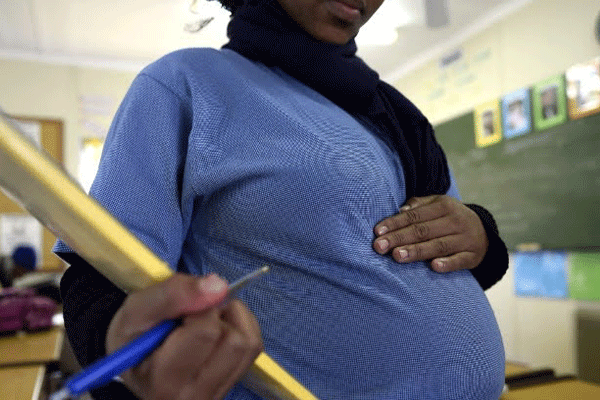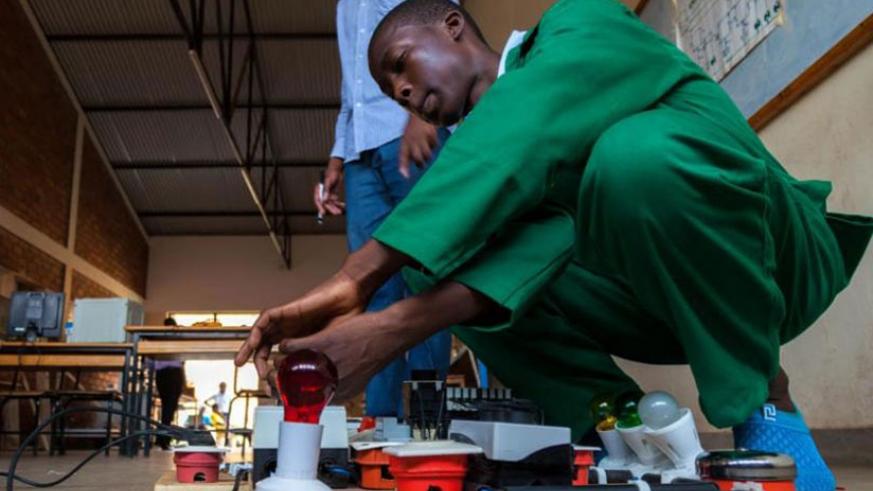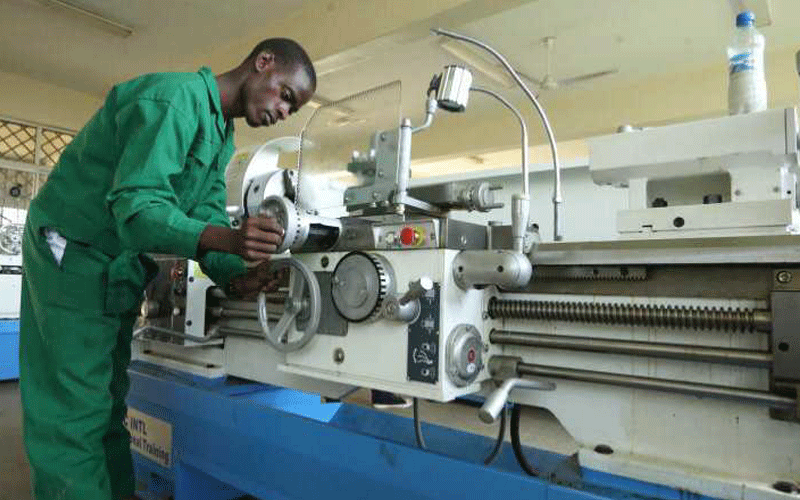Covid-19 impact: Get all dropouts back to school

The impact of Covid-19 on adolescents in Kenya report launched yesterday revealed a bleak outlook on the status of teenagers in the country.
It indicated that more than 328,000 teenage girls were impregnated and 100,000 of them were married in the first year of the pandemic.
It further showed that twice the number of girls as boys did not go back to school at the start of this year.
With this, it is time for government and other education stakeholders to re-analyse and restructure the education system to get this group back to the classroom.
Kenya has had a return-to-school policy that enables teen mothers and other dropouts to go back to school and continue with their education.
This policy needs to be taken on an overdrive to target the more than 430,000 girls and boys who have dropped out of class.
The Ministry of Education must provide adequate resources to ensure these students are aware they can get back and start where they left.
A robust campaign must be instituted and should include other benefits such as financial and social privileges.
This may mean working with private and non-governmental organisations to create a workable plan.
The project must also reach out to those who were already out of school before the pandemic.
Importantly, the government should conduct a monitoring and evaluation analysis to determine the gaps in the return-to-school policy and status of its uptake across the country.
This way, it would be in a better position to restrategise on how best to reach the targeted children.
Aside from the return-to-school policy, education stakeholders must consider the Technical and Vocational Education and Training (TVET) option.
Already reports indicate more and more Kenyans are turning to tertiary colleges to leverage increased middle level job opportunities in the labour market.
It provides a viable option for those who might not want to go back to formal education, but still want to learn a skill to make a living.
In the report, some of the teenagers blamed economic downtime as the driver to marriages and to dropping out of school for employment for girls and boys, respectively.
Others indicated they got married because their parents needed the dowry, an indicator of economic strain in the family.
Consequently, implementation of policies that improve the overall economic status of individuals and communities are vital in the long run to avoid such crises in future.















